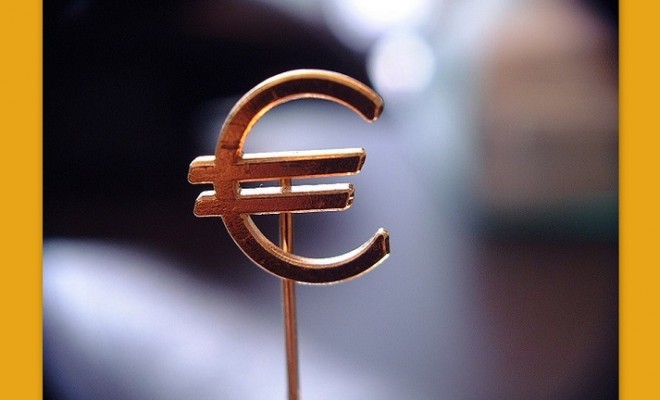
THREE WAYS COVID-19 WILL CAUSE ECONOMIC DIVERGENCE IN EUROPE
COVID-19 is not a ‘symmetric’ shock to Europe’s economy. The economic costs of lockdowns, and the continued social distancing measures that follow them, will be different across countries and regions. And some governments are better able to offset the costs of these measures than others – and to stimulate their economies once the virus is under control.
-We identify three ways in which COVID-19 will be a force for divergence. First, lockdowns in countries with larger outbreaks will last longer. France, Italy, Spain, and the UK have had the worst outbreaks in Europe. Most countries in Europe have imposed comparably stringent lockdowns – and for each month that they go on, around 3 per cent of annual GDP is lost. But lockdowns will continue until the number of infections has fallen to a low level. Our simulations suggest that this will take many weeks longer for France, Italy, Spain and the UK than it will for Austria, Germany and Poland.
-Second, through a new analysis of the impact of lockdowns on Europe’s regions, we show that regions in Southern Europe are likely to suffer larger and more long-lasting recessions than those in the north and east. The manufacturing and tourism sectors are hardest hit by lockdown measures, and tourism will remain limited even when lockdowns are lifted.
-Finally, Southern European governments are less able to offset the costs of COVID-19, and their higher debt levels will weigh on the recovery. We show that consumer confidence has been hit hardest in countries that have enacted less stimulus. And higher debt-to-GDP ratios will probably result in higher borrowing costs for governments. Consequently, with more tax and business revenues being used to finance debt, there will be less capacity for investment. Unless the EU’s fiscal rules are reformed, they will also require Southern Europe’s governments to rapidly cut debt, which will reduce growth over the medium term.
-Further economic divergence is bad in and of itself. But it will also make European politics even more fractious. Slow growth in some regions provides fertile ground for the far right and left, and undermines the appeal of the EU as a ‘convergence machine’.
-During the initial months of the COVID-19 crisis the EU’s richer countries balked at large outright transfers to the worst-affected countries. Now, the Franco-German proposal for a €500 billion ‘recovery fund’ has the potential to forestall further divergence, if sceptical countries in Northern and Central Europe can be persuaded to accept significant transfers to Southern Europe. Agreeing the details of the fund will be hard, and the sceptics may demand more money from the EU budget in order to sign up.
-The EU’s fiscal rules are too rigid, and mandate the reduction of debt even when economies are weak. Now is the time to reform them: the aim should be to stabilise debt levels once the pandemic is over, and to let growth reduce debt over time.
Συνέχεια ανάγνωσης εδώ
Πηγή: cer.eu




